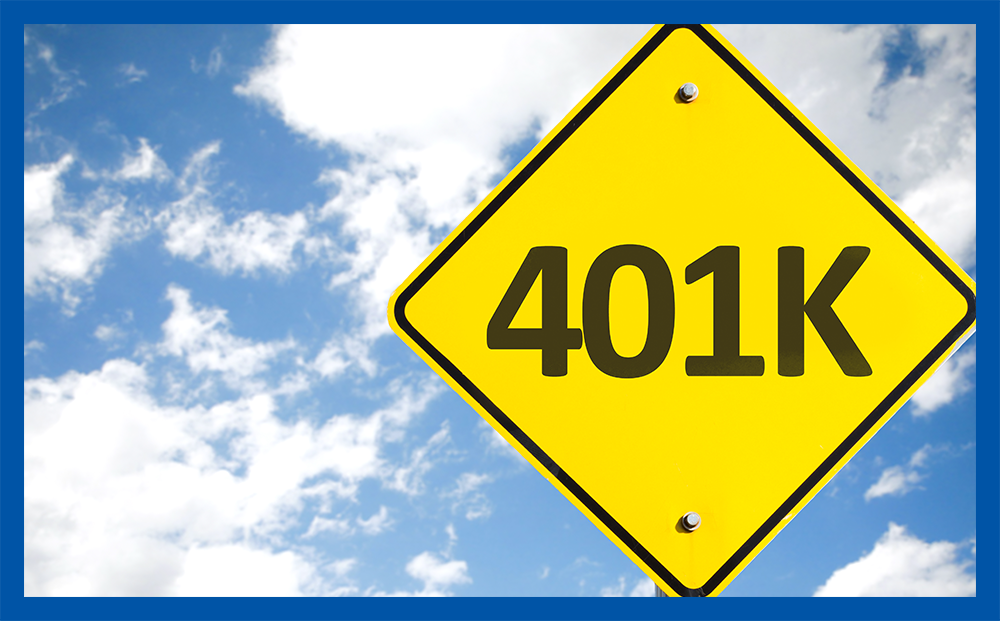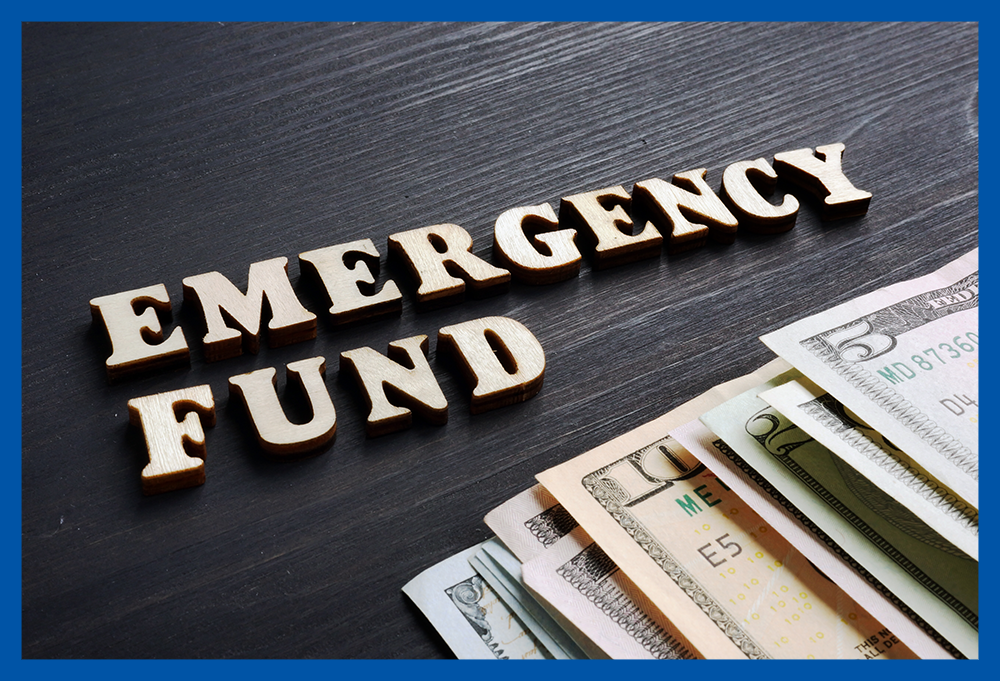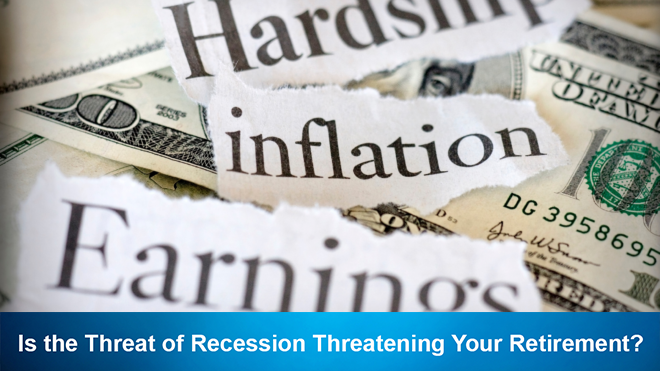If you’re worried about your retirement savings during a recession, don’t panic. A smart strategy can help you weather the storm and make sure that when—and if—the economy improves, your nest egg will be ready to provide for the rest of your life. Here are six tips to safeguard against economic downturns.
When the going gets tough, you want to make sure your retirement savings are safe. What are you supposed to do if a recession threatens to wreck your retirement plans?
A recession is when the economy slows down and unemployment rates increase. Protecting your retirement plan during a recession can be challenging, but it is not impossible. The chances of one in the next year surged to 38% in the US, according to the latest forecasts from Bloomberg Economics. Analysts see similar scenarios playing out across the globe, with contractions expected everywhere from Europe to Japan to Canada. At the same time, US inflation is at its highest level in 40 years while the country’s equities just suffered their worst first half since 1970.
If you’re worried about the impending recession threat, here are six ways to safeguard your money with CKS Summit Group.

In times like these, it’s important to make sure your investment allocation is right for you. The best way to do this? Determine what your financial goals are and how much risk you’re willing to take in order to reach them. Factors to consider here are:
- Your age
- Your income
- Your time horizon (the amount of time until you need the money)
- Your risk tolerance (how much volatility can you handle?)
Your trusted financial advisor can assist you with reviewing your current plan and making sure if any amendments are needed, they are done and done correctly.


You should have a mix of stocks and bonds in your portfolio. Stocks can be more volatile than bonds, but they also tend to produce better returns over time. A balanced portfolio will include assets from both sectors.
Your portfolio should consist of different types of investments, such as stocks, bonds and real estate investment trusts (REITS). You’ll also want some cash on hand for emergencies and short-term needs which we will cover below.
To determine how much risk you’re comfortable taking on in order to achieve long-term financial goals like retirement, it’s important to consider your current income level and expenses as well as how much money you’ll need when you stop working or earn less due to health problems or layoffs caused by recessions or other factors outside your control.


You may be panicked and thinking, “I need the money now!” But don’t touch your 401(k) or IRA unless you really have to. These are the most tax-advantaged retirement accounts, and if you withdraw from either of them before age 59½, you’ll owe income tax (no matter how much money is in there) and a 10% penalty fee on top.
That’s why it’s so important to continue contributing as much as possible—so that when it comes time for a withdrawal, all your funds will have been taxed at lower rates during their growth phase rather than being taxed at higher rates when they’re withdrawn in retirement.

When the economy takes a dip, it’s tempting to think that you’ve got to keep working as long as possible. After all, if things are bad now, they’ll probably be even worse later on. But retirement is not a one-size-fits-all solution to your money problems. In fact, retiring early can be a good or bad decision depending on your health and finances—not just how long you want to continue working.
If that’s not enough reason for considering a late retirement, consider this: most people underestimate how long they’re likely to live by about 10 years! That means that even if your retirement savings plan adds up right now, you could well find yourself living much longer than expected. So why not take advantage of any opportunities available to you now?
If you do need extra work time before retiring completely from the workforce entirely (or even semi-retiring), then go ahead and take it!


When you’re worried that your retirement savings may not be enough to last, it’s tempting to start pulling money from other sources. However, the best thing you can do is leave those funds untouched for now.
You may have heard about people using their homes as collateral for personal loans during times of high unemployment, but unless you have a large amount of equity (25% or more), this is usually not a good idea because it could potentially wipe out years of savings if there’s another downturn in the market — and even if you aren’t underwater on your mortgage, tapping into this resource means that when things get better and housing prices rise again, there won’t be as much growth potential left in that investment. Other pointers to consider include:
- If possible, keep paying down any debts related to credit cards or loans instead; those payments will most likely save money compared with what would be lost if house values fell again later on.
- Don’t increase credit card debt by taking out new lines of credit.
- Avoid taking out personal loans against assets like cars or artwork.
- Avoid increasing 401(k) contributions just yet — doing so could put strain on retirement accounts when they need cash more than ever before!


Having an emergency fund and the right asset allocation can help protect you from economic downturns.
When it comes to managing your finances, it’s important to have a financial plan in place before an economic downturn occurs. This is because a lot of people don’t realize they’re vulnerable until they lose their jobs or see their retirement accounts plummet in value.
The best way to avoid this situation is by having a good handle on what your financial goals are, and ensuring that you have a financial advisor who can help you with those objectives. In addition, it’s important for everyone—not just retirees—to set aside some money for emergencies by opening up an account at a bank or credit union so that if something unexpected happens (like a recession), there will be funds available immediately without incurring fees or interest charges.
Conclusion

So, what are you waiting for? Now is the time to prepare yourself for whatever the future may bring. The key to managing your money during a recession is having a good mix of different asset classes so that you can weather any storm.
Your investment portfolio should include stocks and bonds, which provide different levels of risk and return so that you can balance out your investments based on how far away from retirement age (and other life events) you are. If possible, don’t touch your 401(k) or IRA until after things have gotten better—and if possible, keep working!
At CKS Summit Group, we believe professionally managed tactical stock market and non-stock market portfolios can provide healthy, long-term upside growth potential. It can also be very effective at preserving principal while allowing for a high degree of downside risk protection.
We believe the right mixture of carefully chosen non-stock market and managed market accounts can create a blended portfolio which is capable of producing increasing income, stable growth, preservation of principal, safety and flexibility all at the same time.
Let’s get started with your complimentary strategy session! Reach out to us here today.



